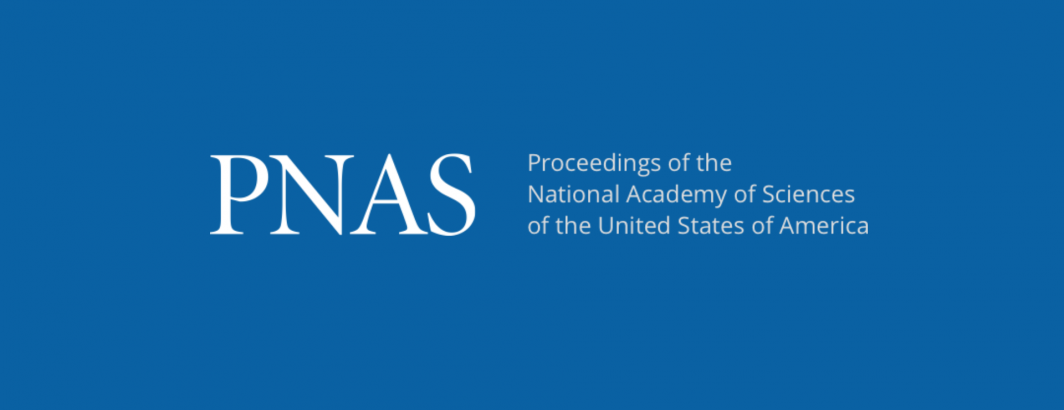
A new study published in the Proceedings of the National Academy of Sciences (PNAS) uses GDELT as a confirmation dataset to examine global conflict trends:
In an era where global trade is under pressure, it is heatedly debated whether a more integrated, globalized world is fueling or appeasing conflicts. Past studies have focused on how trade links impact interstate wars, but the effects of globalization on domestic conflict have been severely understudied. Our dataset of the strategic importance of each point of the globe allows us to shed light on this controversy. This algorithm-based measure is constructed by using exclusively natural terrain features, thereby avoiding common methodological pitfalls confounding results. We find that while strategic locations may often be the object of armed competition, periods of international trade booms increase the incentives to protect trade routes and attenuate the conflict risk at strategically important locations.
Globalization is routinely blamed for various ills, including fueling conflict in strategic locations. To investigate whether these accusations are well founded, we have built a database to assess any given location’s strategic importance. Consistent with our game-theoretic model of strategic interaction, we find that overall fighting is more frequent in strategic locations close to maritime choke points (e.g., straits or capes), but that booming world trade openness considerably reduces the risks of conflict erupting in such strategic locations. The impact is quantitatively sizable, as moving one SD (1,100 km) closer to a choke point increases the conflict likelihood by 25% of the baseline risk in periods of low globalization, while reducing it during world trade booms. Our results have important policy implications for supranational coordination.